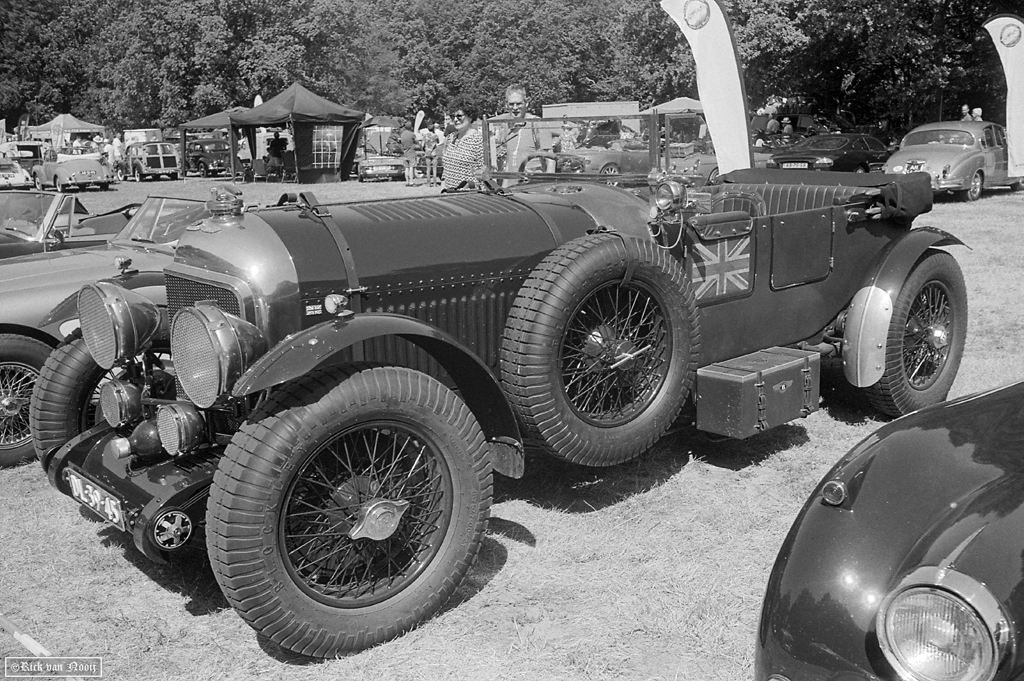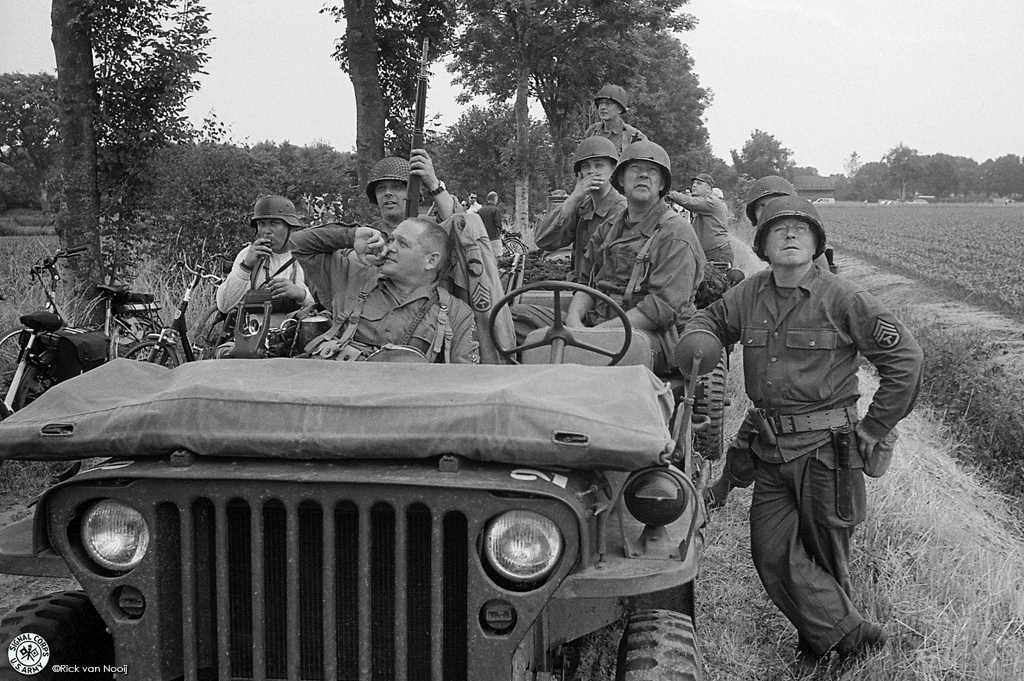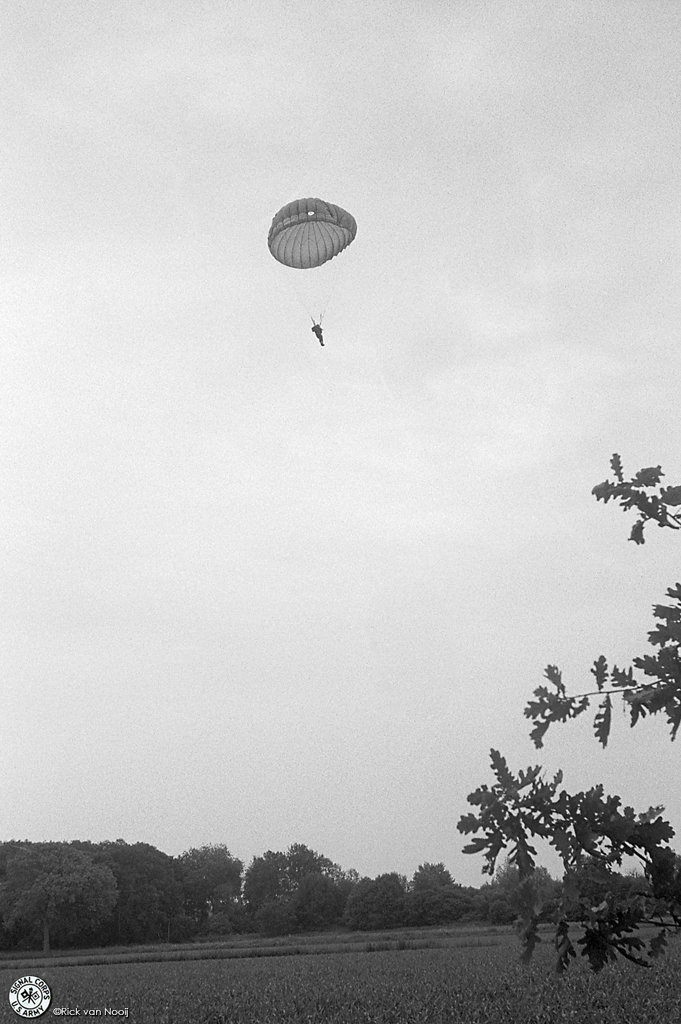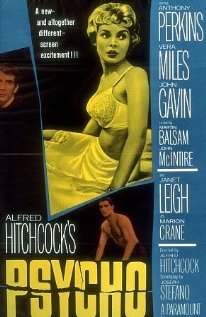dave lackey
Veteran
It’s been amazing watching your posts and the images have a consistency that is quite admirable!
Leica IIIc, 35mm f/3.5 Elmar
Inspiring, for sure.😃
Thanks!
It’s been amazing watching your posts and the images have a consistency that is quite admirable!
Leica IIIc, 35mm f/3.5 Elmar








I really see no difference except our granddaughter is 10 years older! LOL😂Update: July 1, 2023
Some people may wonder how long Eastman 5222 Double X will last sitting in a desk drawer not ever having been stored in a freezer.
For me, it will last a very long time!
Images from 2014 (low result from this same thread:
View attachment 4823430
View attachment 4823431
View attachment 4823432
And from the same year, a leftover roll of Double X, shot with my Nikkormat FTN:
View attachment 4823434
View attachment 4823435
View attachment 4823436
View attachment 4823439
View attachment 4823440
Dave, great shots. May I ask about your developing specifics, these are tonally much nicer than what I often see from DoubleX. ThanksUpdate: July 1, 2023
Some people may wonder how long Eastman 5222 Double X will last sitting in a desk drawer not ever having been stored in a freezer.
For me, it will last a very long time!
Images from 2014 (low res from this same thread:
View attachment 4823430
View attachment 4823431
View attachment 4823432
And from the same year, a leftover roll of Double X, shot with my Nikkormat FTN recently.
View attachment 4823434
View attachment 4823435
View attachment 4823436
View attachment 4823439
View attachment 4823440
Yes, thanks, I will post it later today as I am in the middle of something needing my attention. In fact, there are two developing protocols I use now with Double X. I will dig those out shortly.Dave, great shots. May I ask about your developing specifics, these are tonally much nicer than what I often see from DoubleX. Thanks
LOL, I thought you might get a kick out of seeing how the old film held up!😃LOL That film was prolly -expired- when I sent it to you Dave 🙂 But Three Bucks a roll back then
Is somebody here selling long ends and short ends?
Looks good!LOL, I thought you might get a kick out of seeing how the old film held up!😃
Okay, now I’m ready to try and explain what I know so far. LOL. I am still a work in progress with Double X.🙂 It sure is fun though!Dave, great shots. May I ask about your developing specifics, these are tonally much nicer than what I often see from DoubleX. Thanks
Thank you for the full and interesting reply. Having just returned to film, it seems that what worked well for for me printing with an enlarger isn't always optimal for scanning. It's really helpful to have a starting point like this (based on observed results) to begin from.Okay, now I’m ready to try and explain what I know so far. LOL. I am still a work in progress with Double X.🙂 It sure is fun though!
These days, I use Ilford DD-X for various films as an easy, reliable one-shot developer and at times enjoy Adox Rodinal but I haven’t yet tried Rodinal with Double X yet.
I am working with EI 250 just as I was in 2014. Here is the protocol I have used this past year:
Developing Eastman 5222 XX (with Ilford DD-X)
EI = 250
Developer
Dilution: 1:4
Time: 7 min @ 68°F / 5min 45s @ 72°F
Agitation: 6 inversions first 30 seconds and 2 inversions each minute after that.
Stop Bath (Water only)
Time: 2 minutes
Agitation: 6 inversions first minute
Fixer
Ilford Rapid Fix
Dilution: 1:4
Time: 6 minutes
Agitation: 6 inversions first 30 seconds and 2 inversions each minute after that.
Wash
Water only
Agitation:
Fill Tank, 5 inversions and Dump
Fill Tank, 10 inversions and Dump
Fill Tank, 20 inversions and Dump
Fill Tank, 30 inversions and Dump
Fill Tank, 40 inversions and Dump
Then rinse 5 minutes. (Optional)
Photo Flo
Dilution: 5ml / 500ml water
Time: 2 minutes
Agitation: 3 inversions first 30 seconds.
Hang to dry. No squeegee or any touching with gloves to avoid scratches, etc.
***Note: this developing protocol is subject to change as time goes on.🙂
______________________________
The next roll of Double X I shoot will most likely be developed as Bingley has posted previously.😃
Please note, I am slowly changing one variable at a time. But I do like Bingley’s results:
From Steve MacFarlane (Bingley on RFF):
I exposed Cinestill XX at 200, even though I developed in Ilfotec DDX. That gives a small amount of overexposure.
Ilford DD-X 1:4 dilution.
7 min. @ 20°C
Once the chemistry is mixed up and the film in a two roll Patterson tank, I followed this procedure:
- Wash film in water for 1 minute, continuous agitation. Dump.
- Develop film following agitation procedures recommended for the developer. For DDX, Ilford recommends 4 inversions in the first ten seconds followed by 4 inversions on the minute thereafter. So that’s what I did. Dump the developer when done.
- Stop bath (Ilford Ilfostop), 25 seconds, continuous agitation; reuse the stop bath.
- Fixer (Ilford Rapid Fix), 5 minutes, following same agitation procedure as used w/ the developer; re-uese developer unless it’s over the hill.
- Wash film, 1 min., continuous agitation, then dump.
- Hypo clearing agent, 2 mins. w/ 15 secs continuous agitation on the minute.
- Rinse film, either 5 min. continuous agitation or the Ilford method. I use the Ilford method: 5 inversions, then dump; 10 inversions, then dump; 20 inversions, then dump. For the final 20 inversions, I use distilled water, to avoid water spots (I live in an area w/ fairly hard water).
- Foto-flow soak: soak each reel in distilled water w/ a few drops of Foto-flow (or Ilford equivalent), for a couple of minutes.
- Hang the film to dry.
_____________________________
Comments :
Scanning for me is kind of hard to explain. I look at the scans I obtain as raw files needing my own interpretation of what I want to see on the final scan which then goes to LR and then to Photoshop for final processing.
I tend to like a wide range of tones and, contrast and sharpness are what I like to see.
It is all subjective. Everyone has a preference each step along the way.
Good luck with your own journey. The experience is what I really enjoy as a true craft.
Dave
Well, I just loaded up another roll of expired Double X. I guess I saved a few back and I am just coming across them now.I hope your developing goes well. It does take some time to start somewhere and change one variable at a time. Once you get it all dialed in, it’s great!😃Thank you for the full and interesting reply. Having just returned to film, it seems that what worked well for for me printing with an enlarger isn't always optimal for scanning. It's really helpful to have a starting point like this (based on observed results) to begin from.
It’s been amazing watching your posts and the images have a consistency that is quite admirable!
Inspiring, for sure.😃
Thanks!



 My Mic-X Replenisher Scheme by Nokton48, on Flickr
My Mic-X Replenisher Scheme by Nokton48, on Flickr Current SRT Shooters by Nokton48, on Flickr
Current SRT Shooters by Nokton48, on FlickrHair ties? Maybe I need one of those…🤷🏼♂️Current SRT Shooters by Nokton48, on Flickr
From Bottom Left, XK with Waist Level Finder for Horizontal shots, 21mm F4 MC Rokkor with Yashica 21mm Finder (for vertical shots). Behind that, 21mm F2.8 MC Rokkor switch out for low light. Even more low light, Black SRT101 Griptac Black 58mm F1.2 MC Rkoor with Minolta Yellow and Correct Hood. All these cameras are loaded with Eastman XX. Back far right, the SRT100 Green Kangaroo 100mm F2 Very Early Not MC Rokkor. Used with stop-down metering. Also Butter 3D Printed Grip on SRT100. The SRT100 is loaded with Ilford HP5+ Push Processed to EI 3200, exposed at EI 1600. All cameras have TomA Softies, Hairties, Minolta SRT Diopters installed, Original SRT Rubber Eyecups, Original Correct SRT Lenshoods. Current SRT Shooters. The XK is shaped a lot like the SRTs.


This photo tickles all my loves of surreal interaction, the glorious imperfection of film, and has a perfect sense of space and balance.Still loving this thread. Hard to believe it is still going after all these years!
XX/Rodinal/M3/Converted Pentax-M 50mm 1.4
View attachment 4823596
